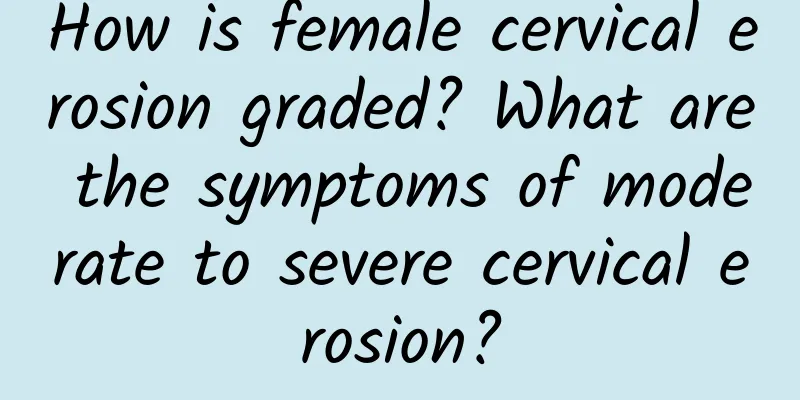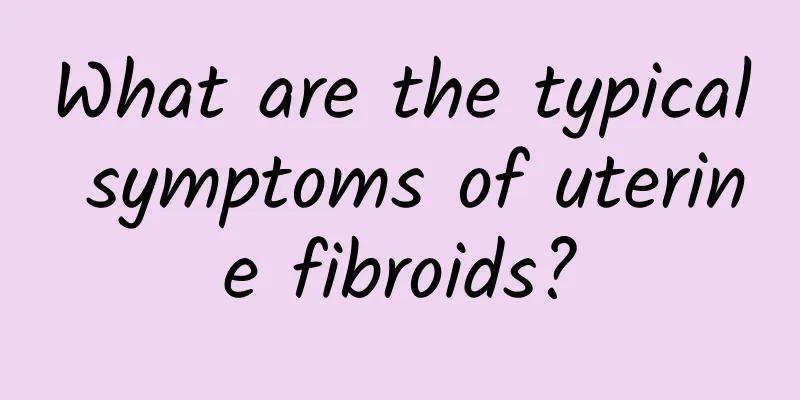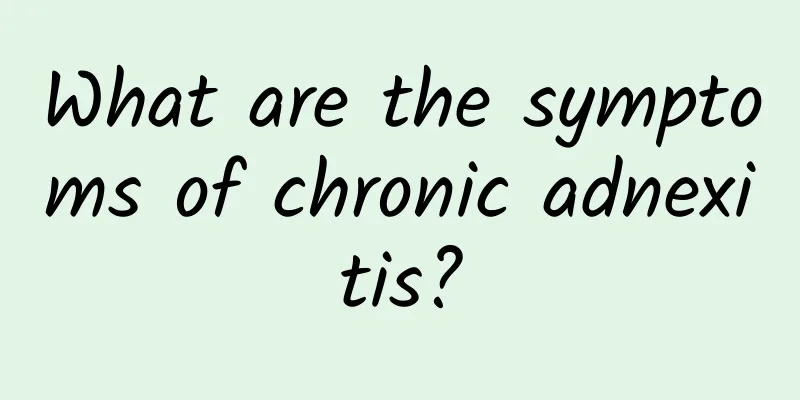What are the causes of menopausal syndrome?

|
Menopausal syndrome is a common disease that often occurs in women during menopause, and the precursors or early symptoms of menopause are more obvious. So what are the causes of menopausal syndrome? On the one hand, physiological changes include the decline of ovarian function, the gradual decrease and loss of periodicity of estrogen secretion and ovulation until ovulation stops; the pituitary gland secretes too much follicle-stimulating hormone and luteinizing hormone. The structure and function of estrogen target organs such as the vagina, uterus, breasts, urethra, etc. change. As a result, a series of physiological phenomena such as irregular menstruation, hot flashes, sweating, palpitations, frequent urination, urinary incontinence, vaginal dryness, loss of libido, poor sleep, osteoporosis and body weight gain appear during the perimenopause period. With physiological changes, women may also experience some psychological discomfort such as emotional instability, memory loss, suspicion, worry and depression. Although menopause usually occurs naturally, it can be caused by surgical removal of the ovaries (this is called surgical menopause). Ovarian dysfunction caused by cancer treatment, such as chemotherapy or radiotherapy, can also cause menopause. On the other hand, in terms of social relations, perimenopausal women face some social problems such as career difficulties, divorce, parents' illness or death, children growing up and leaving their side, etc. All of these bring them mental pressure, which interferes with their life, work and relationship with others to a certain extent. They often feel that they are getting old, do not like to participate in public activities, and easily lose their temper with their family. If these situations do not get the understanding of society and family, it is easy to lead to family conflicts and even endanger women's health. Vasomotor syndrome refers to a syndrome characterized by paroxysmal hot flashes, spontaneous sweating and palpitations caused by estrogen deficiency and autonomic dysfunction. The flushing starts from the face, neck, and front chest, and then spreads to the lower abdomen, trunk and limbs. The skin blood vessels dilate, the flakes are red and congested, the temperature rises, and there are headaches, dizziness, palpitations, irritability, and dry mouth. In order to dissipate heat, patients often take off their clothes, bare their arms, open windows, fan or go outdoors to drive away the heat. The flush lasts for 3 to 4 minutes, followed by sweating, vasoconstriction, and the body temperature returns to normal. The attack cycle is 54±10 minutes. When the attack occurs at night, many people suddenly wake up from their dreams, and they are already sweating profusely, soaking their clothes and quilts, accompanied by insomnia and anxiety. The next day, they are confused and forgetful, accompanied by nausea, vomiting, dizziness and other discomforts. Mechanism of hot flushes: ① GnRH neurons in the preoptic area of the hypothalamus have direct synaptic and neural connections with adjacent thermoregulatory neurons, so changes in the function of GnRH neurons will affect the latter; ② Postmenopausal estrogen deficiency feedback causes enhanced norepinephrine activity, thereby stimulating the release of GnRH activity through neural connections to activate the heat dissipation mechanism. Hot flushes are related to fluctuations in GnRH and norepinephrine activity; ③ Dopamine and β-endorphin activity in the central nervous system and hypothalamus are reduced. |
<<: How to relieve menopausal syndrome
>>: What are the symptoms of menopausal syndrome?
Recommend
How much does it cost to have a medical abortion?
The price of medical abortion is not expensive, g...
What are the early symptoms of ectopic pregnancy?
Ectopic pregnancy is generally caused by salpingi...
What are the symptoms of irregular menstruation?
What are the symptoms of irregular menstruation? ...
Promote detoxification! Low-calorie woman Xinsi eats her way to a good figure
Nowadays, a high proportion of people eat out. Ov...
A big taboo for those who want to lose weight! 6 types of food that accelerate weight gain
What foods should not be eaten to lose weight? So...
Body fat countermeasures! Japanese experts share tips on eating good oils
Oil is an indispensable nutrient for the human bo...
Congenital absence of vagina care measures
In recent years, the incidence of congenital abse...
What are the main treatments for vulvar leukoplakia?
What are the main treatments for vulvar leukoplak...
How long does it take to return to normal life after hysteroscopic surgery for endometrial polyps?
After hysteroscopic surgery for endometrial polyp...
What is the TCM dialectical treatment method for chronic cervicitis in women? Three major Chinese medicine prescriptions for treating chronic cervicitis in women
Chronic cervicitis is a very common gynecological...
Are endometrial polyps also called uterine fibroids?
Are endometrial polyps also called uterine fibroi...
Sometimes chronic pelvic inflammatory disease may cause systemic symptoms of low-grade fever
Many female friends want to know the symptoms of ...
How does adnexitis develop?
How does adnexitis develop? First: Generally, it ...
Is drinking more water good for pelvic inflammatory disease?
Is drinking more water good for pelvic inflammato...
Brief introduction: Several common symptoms of ectopic pregnancy
Clinically, the symptoms of ectopic pregnancy are...









